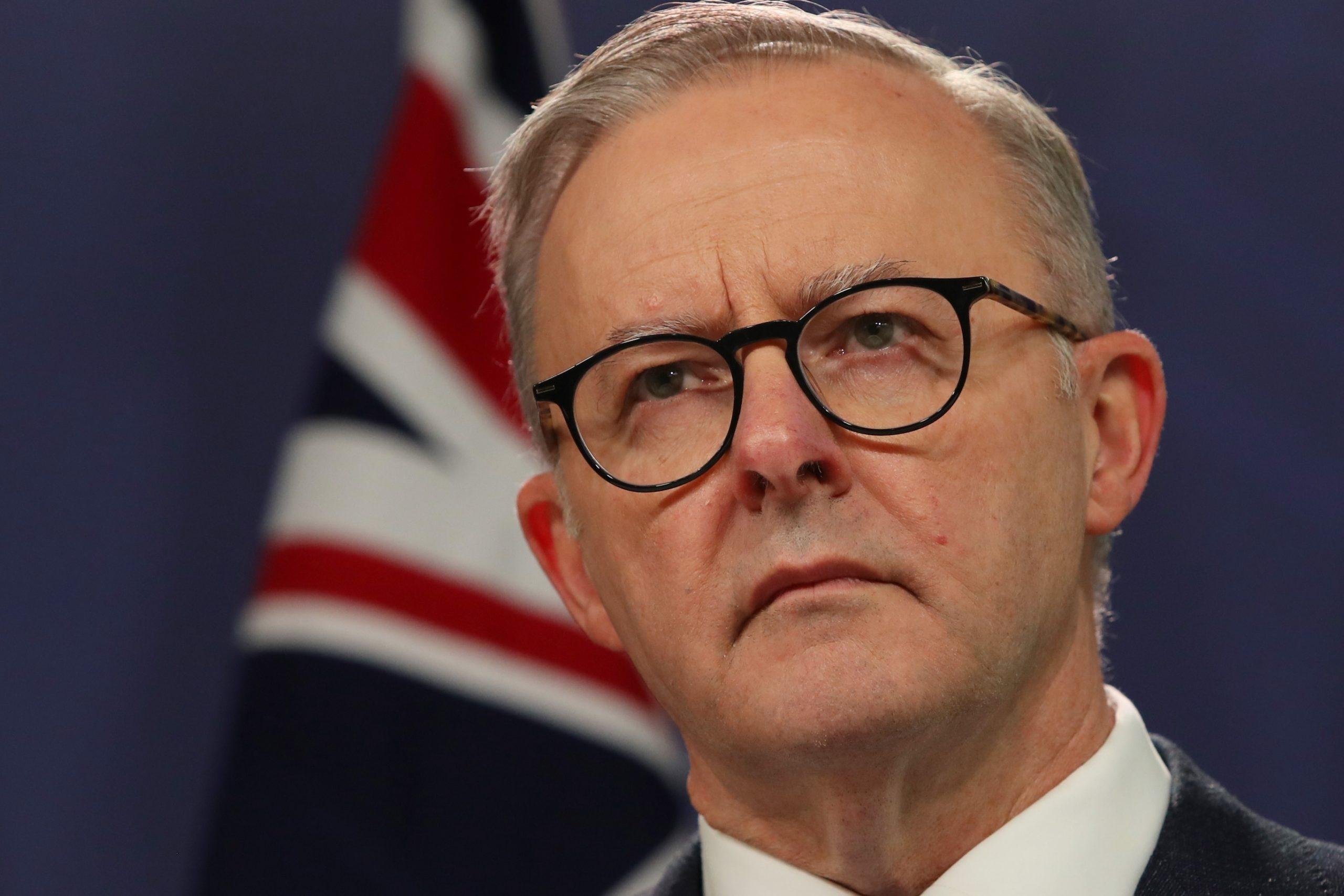It’s time for a new national security strategy
Posted By Mick McNeill on April 8, 2024 @ 14:57

It’s been more than a decade since the then Gillard government released Australia’s first national security strategy, flagging an expectation that an updated strategy should be created every five years to set out key objectives and priorities to keep Australians safe.
Now, with a reduction in strategic warning time, an evolving set of threats and, above all, a collapse of the distinction between our economic and security interests, there is a case for an updated national security strategy to improve co–ordination between government agencies and explain to the public of how it plans to protect Australia’s vital interests.
Amid a rapidly changing geopolitical environment, the elements of national security are broadening and becoming more connected. As just a few examples, technology–enabled foreign interference and disinformation are proliferating, Covid and the invasion of Ukraine have highlighted supply chain dependencies, and there is a growing acceptance that energy and climate challenges will complicate the security environment.
These trends are being recognised in other ways. Last May, for instance, Prime Minister Anthony Albanese and US President Joe Biden declared climate and energy the third pillar of the Australia-US alliance, joining defence and economic co-operation. This followed a restructure of the Albanese government’s National Security Committee of Cabinet less than a year earlier that brought in the Energy and Climate Minister as a permanent member.
The government has accepted the 2023 Defence Strategic Review’s proposal for a biennial National Defence Strategy, the first to be released this year. The DSR also gave a strong signal of the mindset the government would bring to the development of any national security strategy, with references to the need for ‘a much more whole-of-government and whole-of-nation approach to security’.
The prime minister has an opportunity to build momentum towards the development of a new strategy by delivering a national security statement to parliament before he, presumably, attends the July 2024 NATO Summit in Washington.
A new national security strategy would need involvement from the private sector. New economic models have emerged as the distinction between security and economics has blurred. Over the nearly half century from the 1970s, Australia has shifted from a general protectionist mindset to liberalisation of the economy. Now, sovereign capability and friend-shoring have been added to the mix and gained prominence. Strategic realities are challenging longstanding notions of economic efficiency and security.
Sensing this paradigm shift, the Business Council of Australia has called for ‘contemporary industry policy’ to develop sectors in which Australia has a comparative advantage. It has stressed the need to build capabilities to tap into the world’s supply chains and pointed to areas of emerging strength such as critical minerals, quantum, the AUKUS security pact and space.
Historically dependent on foreign capital, Australia will need to ensure its institutions, such as the Foreign Investment Review Board, are up to speed with national security considerations of emerging technologies while not unduly restricting the economic competition and dynamism essential to Australia’s long-term prosperity.
The indivisibility of economics and security is nowhere better captured than in the strategically vital areas of energy and critical minerals. Here, Australia will need to balance domestic considerations with the interests of its key strategic partners. Any comprehensive national security strategy will need to take such considerations into account.
The government’s 2030 renewable energy target of 82 percent is a monumental undertaking and the Australian Energy Market Operator has forecast the last coal-fired plant to retire by 2038. Gas-fired power will be critical to cover shortfalls of renewable energy. Expect the views of Japan and Korea—nations that sometimes seek assurances about reliability of Australia’s energy exports—to be reflected in the Australian government’s Future Gas Strategy to be released this year.
In response to the supply glut of nickel, the government has placed it on the critical minerals list and is pushing the Biden administration for support on ‘clean nickel’ standards. This will require deft handling of the relationship with Indonesia, which has benefited from an influx of Chinese investment in nickel supply chains.
And the government is preparing to release its response to the US Inflation Reduction Act in its quest to attract investment in the clean energy transition. This will need to find a balance with the Australia-United States Climate, Critical Minerals and Clean Energy Transformation Compact, as well as the work untaken by ministerial-level Australia-United States Taskforce on Critical Minerals.
These are significant considerations that need to be woven into a broader strategy.
A national security strategy’s relevance is always vulnerable to events, particularly for a middle power. However, speculation about the implications of the 2024 US presidential election, for example, should be no cause for delay.
There is a lot that Australia can control, as shown by the multitude of recent government strategy and policy documents, and current consultations, across different portfolios, including cyber security, artificial intelligence, energy, immigration and defence.
Work on a cogent document bringing together the various national security strands should begin now, with a particular focus on defending Australia’s values and democratic institutions.
Article printed from The Strategist: https://aspistrategist.ru
URL to article: /its-time-for-a-new-national-security-strategy/
Click here to print.